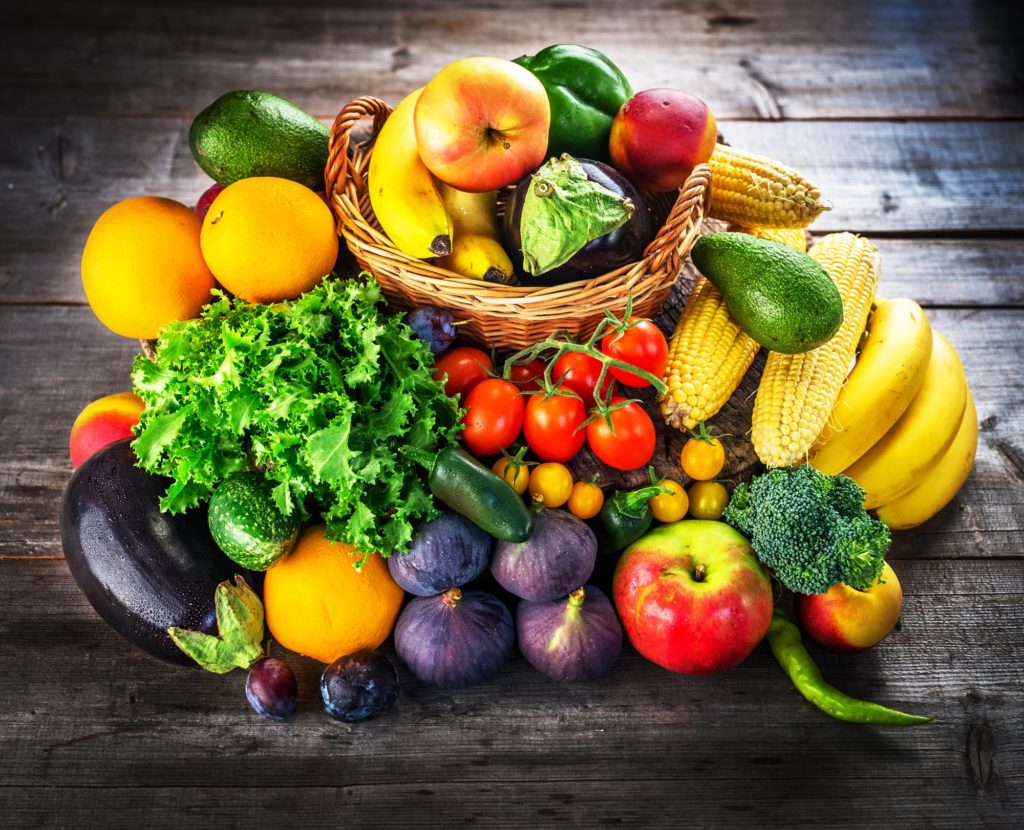You might remember learning about inflammation in anatomy class and wondering what it has to do with our diets. Turns out a lot! To understand this, let’s talk what about what inflammation really is. Now, inflammation is a normal part of our body’s healing process. Think of the redness, pain and swelling that comes along with an acute injury. These are just clues that our white blood cells are rushing to where they are needed to start the healing process. These are visible indications of our immune systems at work. But what happens when our immune systems are working over time in a way we can’t see? This is chronic inflammation, and our diet definitely plays a large role in calming it down or throwing fuel on the flames.
Chronic inflammation is at the heart of most disease states in the U.S today. Obesity, heart disease and Type 2 Diabetes are some of the most common diseases today and inflammation contributes the onset and progression. When our immune system becomes activated all the time, a low grade systemic inflammation occurs. Even if you aren’t suffering from an overt disease, things like stress, leaky gut, food sensitivities and even an imbalance in our gut microbiome that push our bodies into an inflammatory state. The consequences of chronic inflammation are serious. Increased risk of neurodegenerative and cardiovascular disease, trouble losing weight, digestive problems, hormonal imbalances, and cellular damage may all occur as a result.
Our food choices can either promote or calm inflammation. Many of the diseases and problems listed above may be prevented or mitigated with an anti-inflammatory diet. The top inflammatory foods in the standard American diet are:
• Refined grains (bread, crackers, cookies, cakes, snack foods)
• Dairy (all cow dairy products including milk, ice cream, yoghurt,
• Sugar (table sugar, high fructose corn syrup, sugar alcohols or artificial sweeteners)
• Vegetable oils (Canola, Corn, Safflower, Sunflower and Rapeseed oils)
• Trans fat (Margarine, peanut butter, mayonnaise, packaged snacks)
• Conventional/commercially raised meat
• Alcohol (More than 1 drink per day for women and 2 for men)
• Food additives (MSG, artificial flavors and food dyes)
On the flip side, food can also help heal the body and stop the inflammatory cascade from becoming chronic. Fit these top anti-inflammatory foods into your daily diet:
• Fatty fish (Halibut, salmon, sardines, trout)
• Coconut oil
• Olive oil
• Vegetables (Any and all kinds!)
• Berries
• Pineapple
• Ginger
• Chia seeds
Food sensitivities may also be to blame. Chronic exposure to foods that cause inflammation can contribute to migraines, headaches, sleep disturbances, hormonal imbalances, weight issues and digestive distress. MRT food sensitivity testing might also be a way to rule out foods that could be contributing to inflammation in the body. For more information or if you are seeking help, give us a call to schedule an appt today!
Contributed by Elizabeth McKinney, MS, CNS, LDN, CLT



